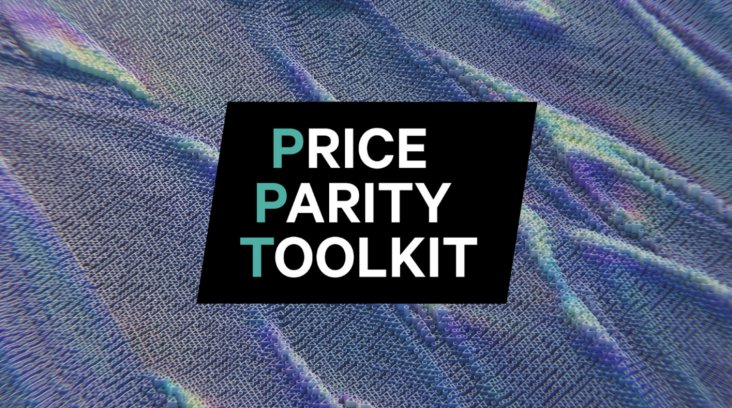
Circulose collection from Faherty Brand
Eliminating the traditional compounding effect and reducing total product costs.

17th November 2025
Innovation in Textiles
|
Stockholm, Sweden
Swedish textile-to-textile recycling innovator Circulose is the first company to put a new financing model into action.
The Price Parity Toolkit has been developed by Amsterdam-based Fashion for Good and partners and is based on “premium decoupling” – a financial mechanism that separates price premiums for new materials early in the textile manufacturing supply chain. This allows materials to flow through subsequent tiers at the same price as conventional alternatives. Brands absorb the premium upfront and fund suppliers directly at the Tier 4 stage, eliminating the traditional compounding effect – often also referred to as “pancaking” – and reducing total product costs.
Next-generation materials like Circulose fibre are addressing complex sustainability and circularity challenges, yet the path to their mainstream adoption has been severely hindered by a fundamental economic barrier – price.
These materials inevitably carry significant premiums over conventional alternatives because they haven’t yet achieved economies of scale. The problem gets worse as materials move through supply chains, as each tier adds its own markup, compounding premiums from raw material to final product. This creates a vicious circle – brands avoid committing to the materials due to their price, preventing volume orders that would enable manufacturers to scale production and reduce costs.
Circulose has now secured partnerships with several brands using the Price Parity Toolkit approach. It includes step-by-step implementation guidance, expert-vetted operational guidelines for money flow management, legal risk mitigation and traceability. It also includes real-world case studies across industries.
This joint initiative is led by Fashion for Good, with the support of catalytic funder Laudes Foundation, and with contributions from Canopy, Finance Earth, Circulose, Textile Genesis and legal partners Hogan Lovells and Pereira Tax Consultants. It will continue evolving with lessons learned from real-world applications.
Both material innovators and brands can explore the toolkit and express interest in applying it to specific materials via this link. Fashion for Good will support brands in proving the business case and help innovators adapt the mechanism to their materials.

Business intelligence for the fibre, textiles and apparel industries: technologies, innovations, markets, investments, trade policy, sourcing, strategy...
Find out more